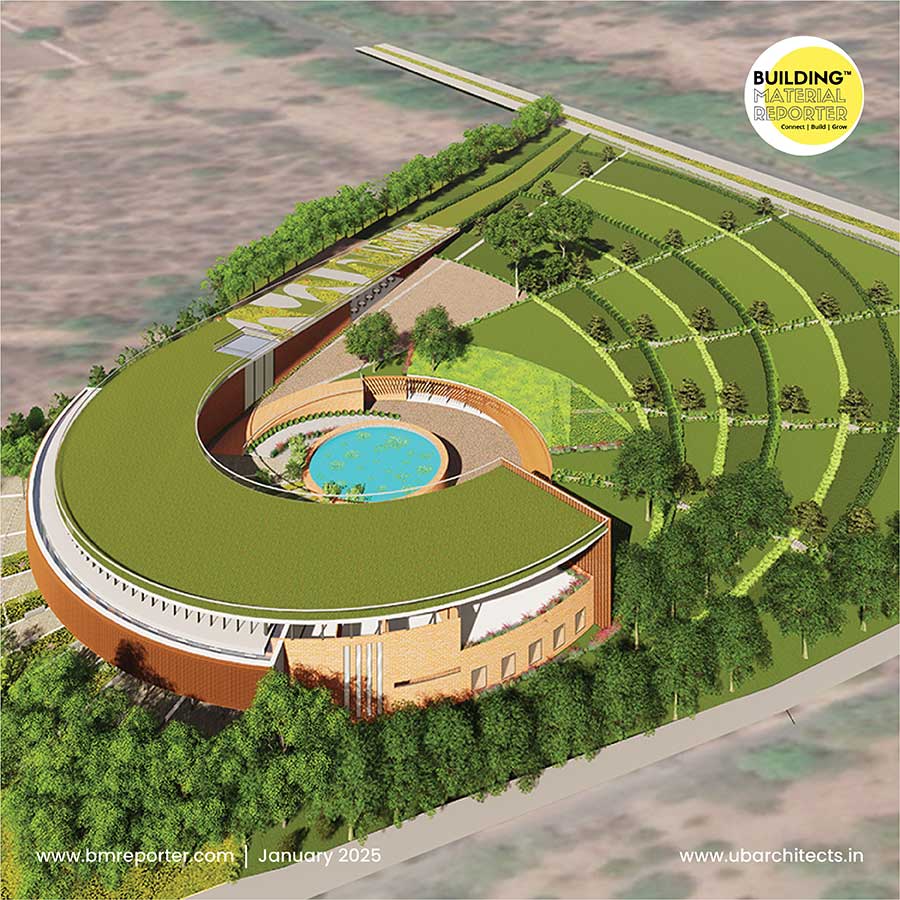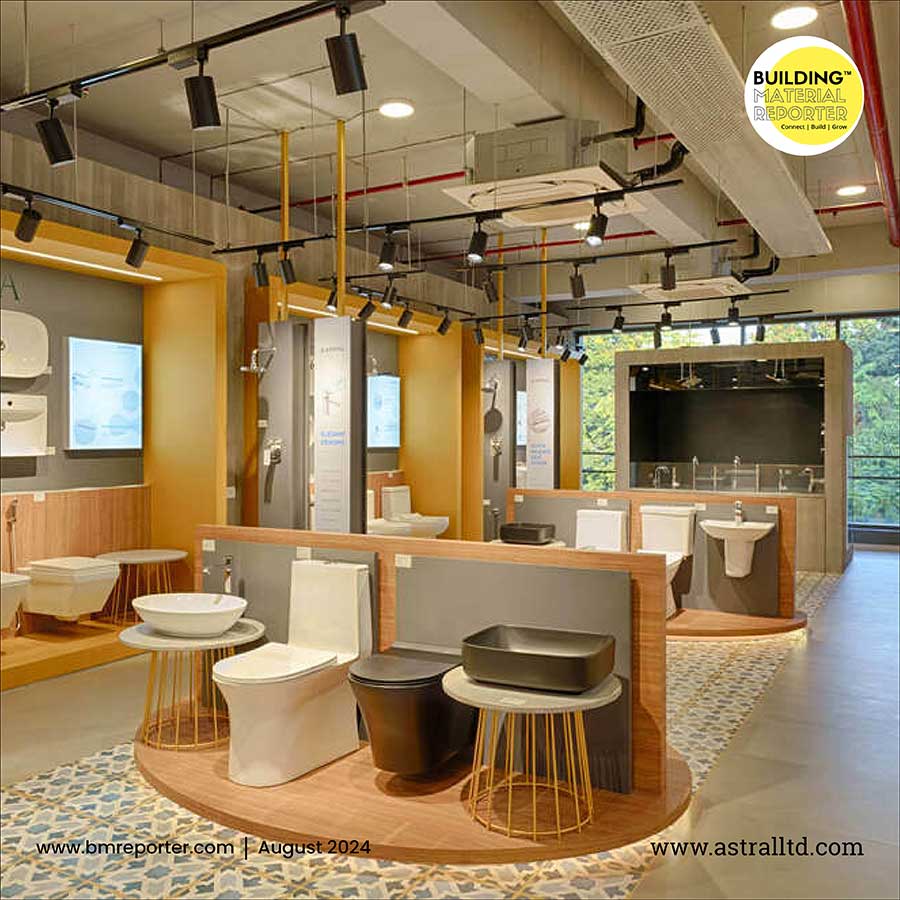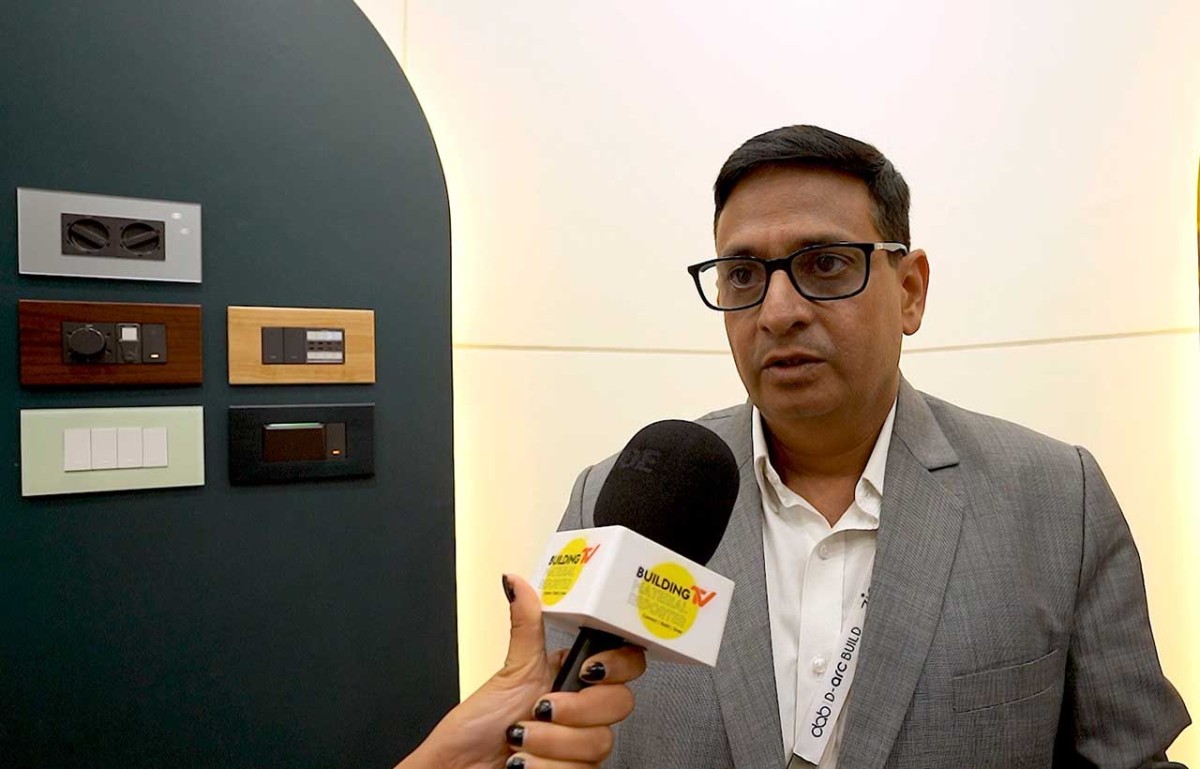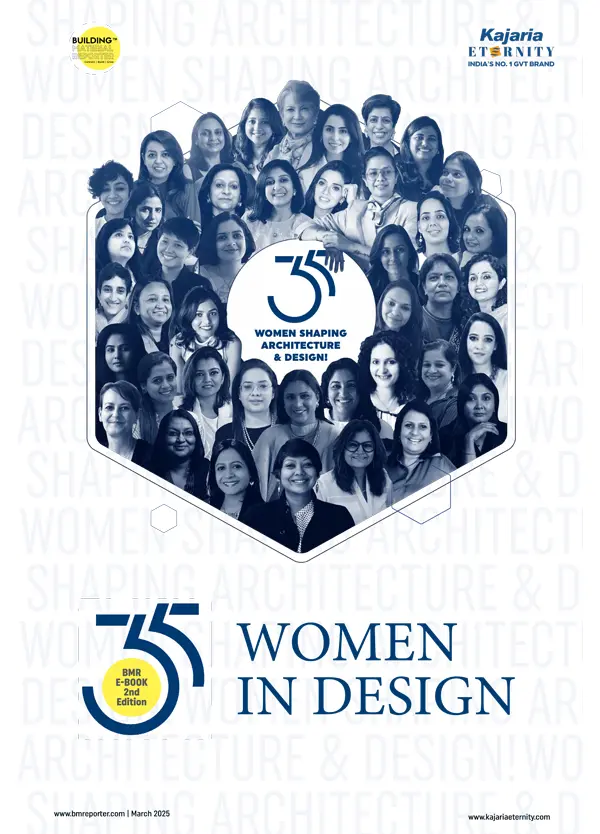CIDC: Skilling Construction Workforce
- August 14, 2023
- By: Editorial Team
- SUCCESS STORIES
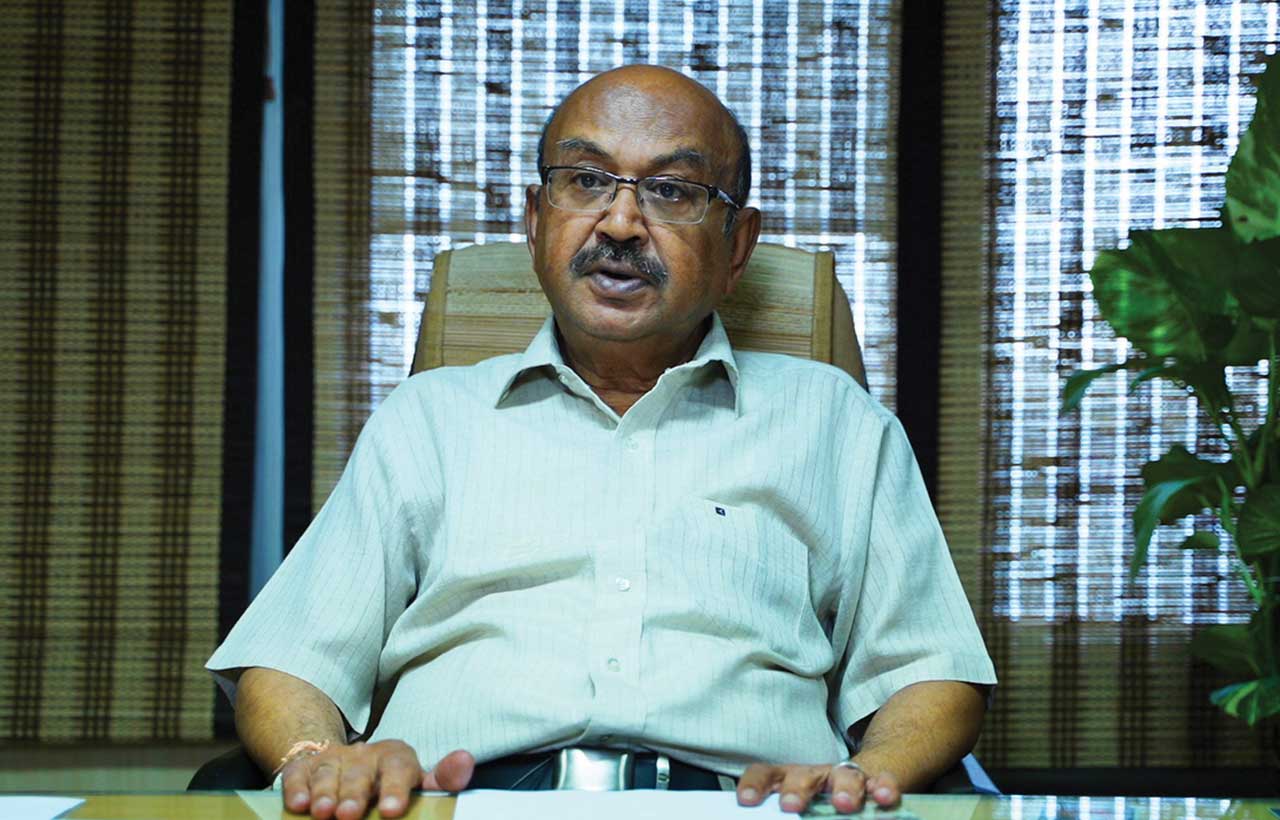 The Construction Industry Development Council (CIDC) has been set up jointly by the Planning Commission, Government of India and the Indian construction industry. The council is an umbrella organisation for the construction industry in India and has a national presence with branches across the country. To benefit the industry, the Council undertakes a wide range of activities, including conducting training at various levels, organising workshops and conferences, publishing journals and newsletters, welfare programmes for construction workers, grading, placements, and so on.
The Construction Industry Development Council (CIDC) has been set up jointly by the Planning Commission, Government of India and the Indian construction industry. The council is an umbrella organisation for the construction industry in India and has a national presence with branches across the country. To benefit the industry, the Council undertakes a wide range of activities, including conducting training at various levels, organising workshops and conferences, publishing journals and newsletters, welfare programmes for construction workers, grading, placements, and so on.
To explore more on CIDC’s journey, its contribution to country's growth and future plans, Building Material Reporter met with Dr. P R Swarup, who joined CIDC in the year 1996 as the first Director and rose to the position of Director General. He has been instrumental for conceptualising and implementing several good practices in the country’s construction industry. Construction Equipment Bank, Grading of Construction Entities, HRD in Construction Industry are some of his major contributions. While speaking to us, he talked, at length, about the milestones achieved and the way forward.
CIDC is a change agent to accelerate a process of self-reform that should enable the industry to answer the challenges of the future. How?
With the inception of the council in 1996 by the planning commission having support of the core sector ministries which are directly responsible for the construction and infrastructure of our nation, scores of public sector undertaking, especially the oil and energy sector, and, of course, almost all the industry captains who run the industry today, CIDC is incessantly working as he change agent. An, make the country’s construction and infrastructure industry ready to face the challenges ahead.
As the change agent, CIDC is a unique organisation in the sense that this is where government and industry work together, supported by R&D institutions, educational institutions, and policy makers, along with quite a few experts. Infrastructure and construction industry happens to be the backbone of our economy and looks after the wellbeing of many of our citizens who otherwise cannot get the right kind of employment and engagement.
During last three decades, we have seen this industry growing from a very placid kind of economic activity to a very vibrant one. As a matter of fact, close to about 18% of the able bodied citizens of the country find direct employment here. Additionally, there are downstream and upstream activities as the outcome of this industry. We have been looking forward to further improve the processes and technological changes which are vital for this industry to start performing well to be at par with the international level and provide the kind of support as anticipated.
What major milestones has CIDC achieved in the last 25 years of its existence, specifically for the building infrastructure industry?
There are many milestones that have been achieved in the last three decades. First, the construction industry would be driven and run by the people who generally don’t have the benefits of the formal education. No wonder, more than 90% of the people engaged in the industry belong to that category. CIDC was entrusted with the responsibility of creating a national flagship program where the skilling becomes mandatory. This is done in various ways apart from being skilled in numerous training centres that have evolved over the years.
We also impart on-site training to the workers. Over a period of time, 52-plus trades have been taught and over a million of the construction workers have been trained. We also have an arrangement with All India Council for Technical Education (AICTE), by which more than 3500 engineering colleges have made it mandatory for their students to earn their engineering degrees in various disciplines, they have to undergo an internship for six months.
Another area wherein CIDC is working strategically with the Niti Aayog along with other related ministries to revamp their procurement conditions. As a result, many of the major project procurement organisations--from both government as well as private sectors-- have made it mandatory for their subcontractors or the service suppliers to have a certain percentage of the workers who should be holding proper valid skill certificates.
Furthermore, we have eased out the lending by banks thereby facilitating the ingress of institutional financing into the industry. We have developed insurance products. We have also created construction equipment banks for easy availability of the equipment. We have created a rating system to assess the worthiness of the construction industry. And above all, we have created the most reliable construction industry data base.
Please highlight major policy changes pertaining to Skill Development?.
We have been working for quarter of a century making it sure that both the consumer as well as applicator fully knows that unless otherwise they have the skilled workforce, they won’t get the right kind of products. In this direction, the first major policy change that we have got in place is to ensure that certain minimum construction workforce have to be skilled and must have valid skill certificates.
Second policy change is about dispute in construction contract, which is a big minus that we must get rid of. CIDC has incorporated the Construction Industry Arbitration Council (CIAC) about 14 years ago jointly with Singapore International Arbitration Centre with intent that the institutional arbitration must be inducted into our functioning. Ministry of Law & Justice has recognised CIAC as one of the approved institutions that’s engaged in creating standard of arbitrators, negotiators, mediators, and are dispensing quick justice which is the need of the hour.
Many of the project organisations have also made it mandatory that the engineers employed by them should be professional. CIDC has been responsible for creating Engineering Council of India (ECI), which is the apex organisation in granting professional certifications based on the experience and the kind of practices an individual possesses.
Apart from engaging skilled workforce, many of the organisations, like CPWD, have made it compulsory that certain percentage of the engineers, too, have to be professional ones. Further, we keep identifying the need of the business and what exactly be the kind of future requirements, based on which we design our activities.
In the past 30 years, the quantum of the total infrastructure construction is close to almost Rs. 200 lakh crore, which is about 40 times larger than the annual virgin construction work that we do in all the sectors put together. This shows the extent of investment that has been made in the construction and infrastructure industry.
Therefore, we are encouraging people from construction chemical industry and water proofers, so that they can get their people skilled. And with that we are also talking about the diagnostics technique that have to be given to the engineers. So, simultaneously the stage is now set for the people who can do right kind of diagnostics and provide the needed retrofitting.
How has been the result so far? What next is in the pipeline with special reference to material selection?
The result is very satisfying. We can say that we are in a position to predict the future also. We know what exactly is going to be following now. As the time is passing by, we have to understand that the number of people who used to be the conventional worker utilising the conventional technologies, will be going down. We have to start moving towards new kind of material. We have been talking to the steel industry. In fact, with them, we are on a mission wherein we aim to enhance the consumption of metals in construction and infrastructure industry.
Metals being recyclable would ultimately bring down the industry’s net carbon footprint. For this, we are also trying to work with ministry of forest. In the regard, we have recently published a report mentioning the way forward in that direction. So, there will be more mechanised working and enhanced metal utilisation in the construction industry in the time to come.
What specific steps is it taking to inculcate a technology-driven mechanism in the building infrastructure segment of the Indian construction industry?
The first major step is that we have to shift our focus from in-site construction to pre-engineered pre-fabricated system. The kind of quality parameters that we can create within the facility can’t be compared with the work at site. The construction of Metro Rail and other new age infrastructure facilities are the examples of the same. So, the entire components can be created in the factory and will be assembled at site. But to do that we require people with special skills, which are to be imparted on a bigger level.
We also have to look at the kind of façade that the new age building is getting structured along. We are the lucky ones to have been blessed with so many agro-climatic and geo zones. We have deserts and forests. We have arid and humid atmosphere. We have rivers and mighty mountains. With such a varied topography, we have to see the impact of the surroundings on the structure, we have been making. We need to choose smart materials, right kind of technology followed by their proper implementations. With all that, the customers in the end have to be treated fairly.
Stay updated with the latest trends and developments in architecture, design, home decor, construction technology, and building materials through Building Material Reporter.


